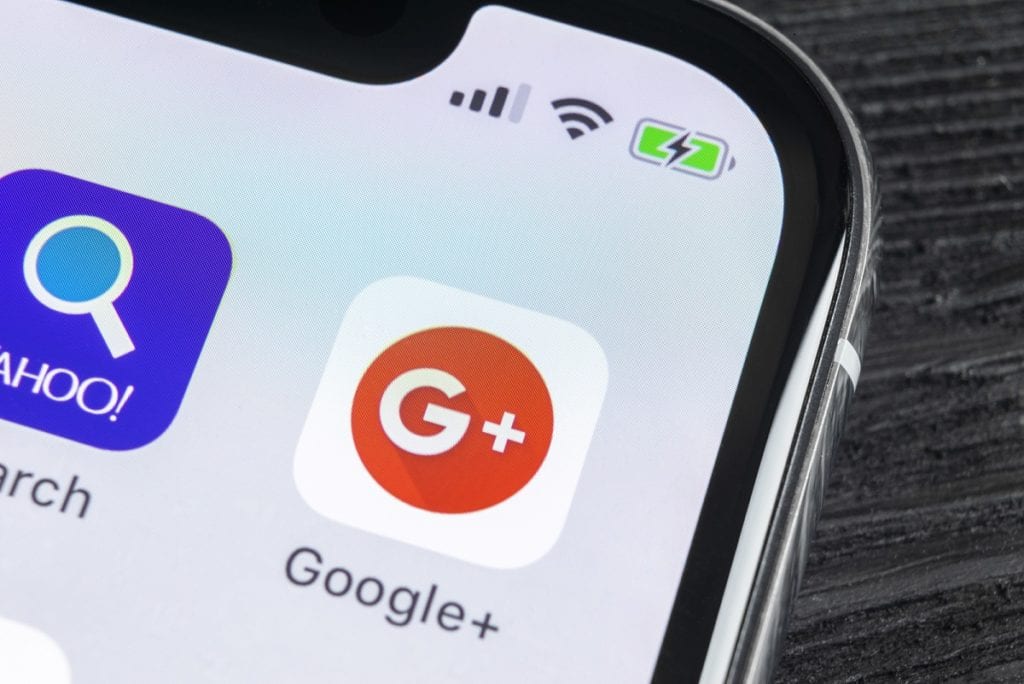Google announced at the start of this week it’s intentions to begin the process of sunsetting the consumer version of the companies social media platform, Google+. According to their statements, the process is expected to take around ten months, and is largely due to a vulnerability in the system that potentially leaked user’s personal profile data. A great deal of the controversy surrounding this event is due to the fact that the vulnerability in question was resolved internally by google back in March, but they did not make a public statement at the time that user data had been exposed.
According to Google, the platform has ‘low usage and engagement,’ going so far as to disclose that around 90% of Google+ sessions last less than five seconds. Despite this, Google has resolved to keep sections of the platform alive – namely those that serve to expedite communication in commercial contexts. Google plans on shifting the focus of Google+ away from a public market, and fully toward a corporate user base.
Privacy Updates for Google Services
Along with closing down the consumer version of Google+, the announcements included new privacy updates across other Google platforms. These API changes will restrict the accesssability of Andriond device and Gmail data to developers. This includes removing access to call logs and SMS permissions for Andriod evelopers, and contact interaction data will be blocked via the Android COntacts API. Note that this is the same API which provides other intreaction data, including who an Android user last messaged – this will also be restricted fromt he view of developers.
For Gmail, Google is re-writing their User Data Policy for the public version of the platform, effectively mitigating the power apps have to see user data. Developers writing apps that directly augment the email platform -like backup services, CRM and mail merge services – will still have access as normal.
Despite that, these developers will now have to be vetted through a newly minted security process, which includes signing off on a new set of terms and conditions. These cover a few key points – they bar selling user data to market research companies, for example.
Ongoing Privacy Shake-ups at Google
This isn’t the first time Google has had to deal with privacy concerns in the media this year: Back in July the Wall Street Journal published a story on the common practice of third-party app developers trawling Gmail users’ emails.
Eventually, this led to Google’s official statement, urging users to double-check which apps are able to read their data, and delete those they no longer trust. This seems to be part of a trend – back in 2017 Google stopped scanning emails in order to target ads. Users are continuing to respond negatively to this sort of business practice – perhaps this explains why Google appears to have tried to sweep the Google+ breach under the rug. The announcements surrounding the official response to the breach – dubbed Project Strobe – indicate that the company is tackling these issues wholeheartedly, and recognizes that the world of tech needs to find answers for these recurring privacy questions.
Pure SEO Auckland – Your Local SEO Experts
The PureSEO team are experts on all things SEO Auckland-wide. Contact us to find out how we can help you!

